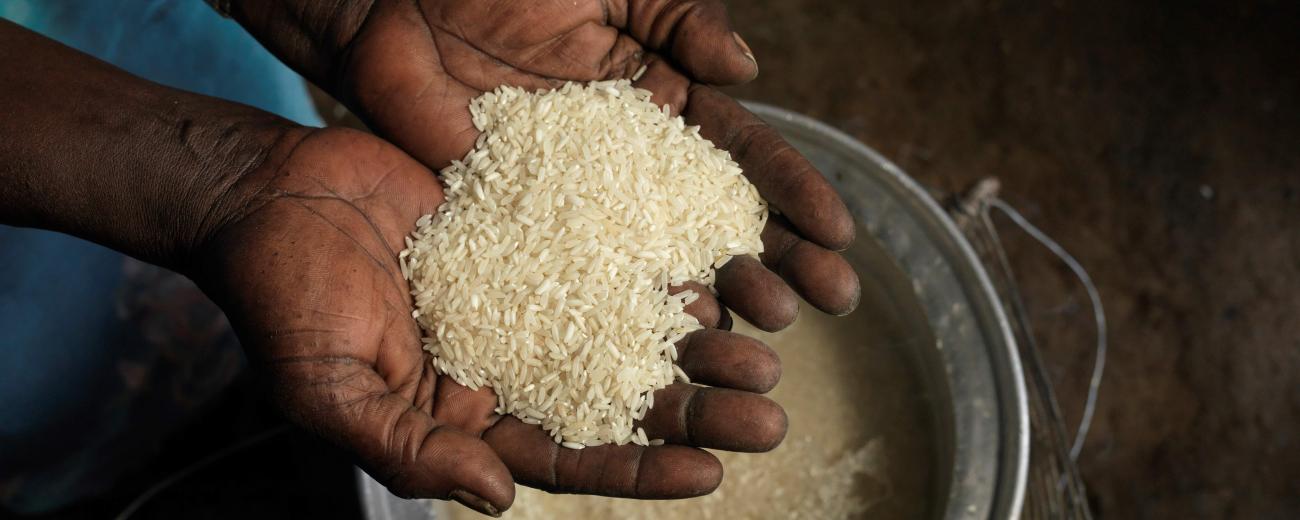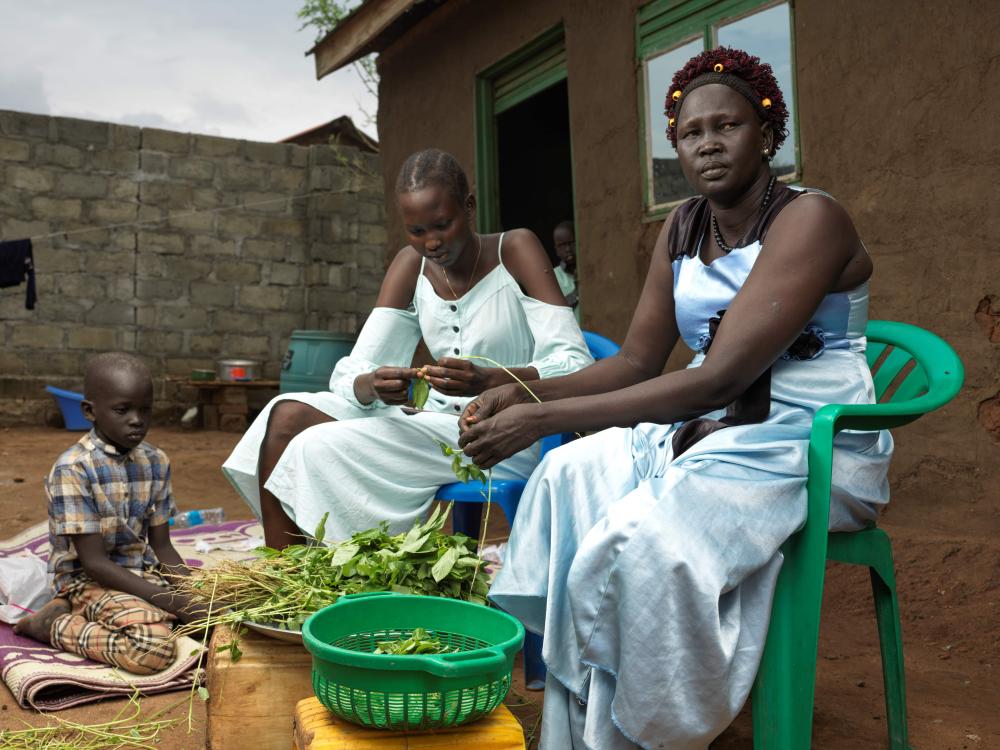Inclusive strategies essential to address human mobility challenges in Horn of Africa


An 8-year research project on migration and displacement in the Horn of Africa sheds light on the complexities and calls for more inclusive strategies to address human mobility challenges.
The Regional Evidence for Migration Analysis and Policy (REF) project is a consortium led by SOAS, with partners at the University of Manchester and Sahan Research based in Nairobi, Kenya. The project has focused on collecting data and evidence from 2016 to 2024 to inform policy and program development in the Horn of Africa help improve wider understanding of migration and displacement in the region.
Research on nearly 40 different topics related to migration, displacement and mobility has been carried out, engaging the talents of more than 70 researchers most of whom are from, and live and work in, the countries in which they have been researching. The findings shed light on the region’s migration and displacement dynamics, particularly in relation to conflict, livelihoods and environmental degradation, revealing the complex and diverse nature of migration in the Horn of Africa.
Professor Laura Hammond, the team leader of the project and Deputy Vice-Chancellor for Research and Knowledge Exchange at SOAS, said:
“Despite being better known as the site of large-scale population displacement, the Horn of Africa is also a region in which mobility is a central pillar of development and a livelihood strategy that needs to be protected through more inclusive strategies that support people on the move as well as the communities within which they live. This is one of the key findings of the Research and Evidence Facility’s collaborative research.”
...the Horn of Africa is also a region in which mobility is a central pillar of development and a livelihood strategy...
Some of the strategy recommendations the project has made include the need to ensure that conditions exist for safe return and sustainable reintegration of displaced populations. This requires supporting a pace of return and reintegration which both they and their communities can support, to prevent future further displacement.
The research also recommends an approach that views mobility as a form of adaptation, instead of a problem itself. In relation to climate change, a principle form of adaptation to the changing environment is for people to move, in whole or in part, towards cities. This has resulted in the rapid and largely unsupported growth of capital and secondary cities in the region. Yet most climate change policy discussion does not address human migration as adaptation, and the REF’s work calls for climate policies to be informed by social sciences which consider the lived experiences of adaptation as well as physical sciences.
The REF findings were presented at the Global Forum for Migration and Development held in Geneva in January. Professor Hammond was joined by Dr Oliver Bakewell, University of Manchester, Dr Fekadu Adugna Tufa, Addis Ababa University (Ethiopia) and Dr Kalyango Ronald Sebba of Magongyo University Kampala in a session chaired by Martina Pino of the EU’s Directorate General for International Partnerships.
The REF has been funded by a grant of EUR 6.6m from the European Union’s Trust Fund for Africa. The Trust Fund was established to deliver an integrated and coordinated response to the diverse causes of instability, irregular migration and forced displacement.



